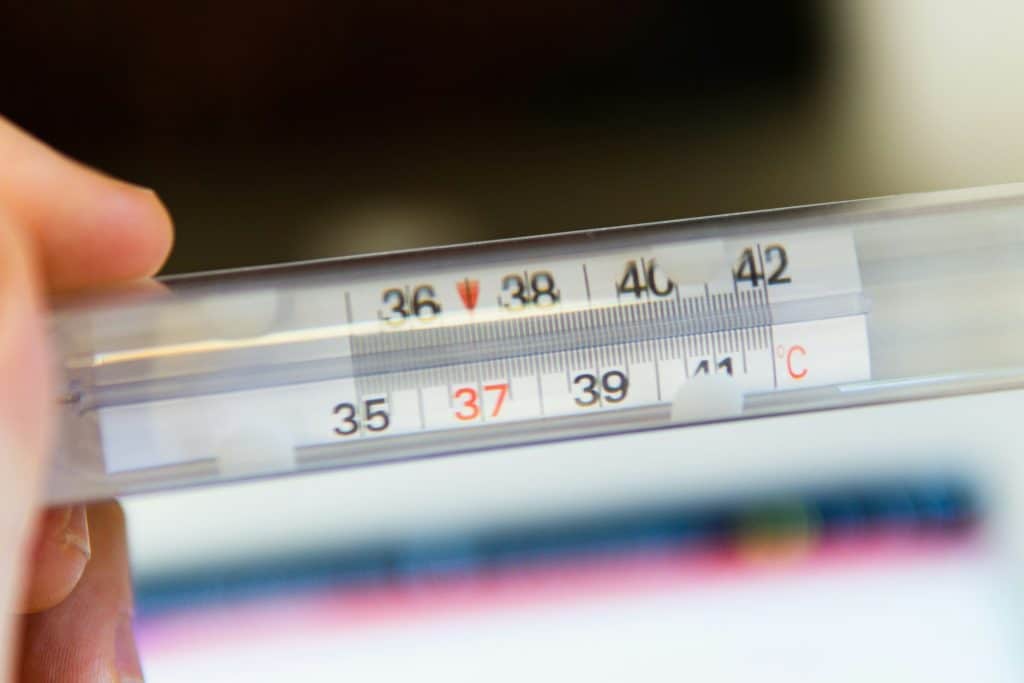Background: patient has chronic kidney disease and is admitted to the hospital with acute kidney injury and a urinary tract infection.
The blood pressure is low at 78/52. The heart rate is 114, and the temperature is 101.3.
Please answer the following True or False questions:
In septic shock, hypotension alone is considered diagnostic of end-organ hypoperfusion.
True or False?
False
Glucocorticoids are routinely recommended for all patients with septic shock.
True or False?
False
Early resuscitation with intravenous fluids is crucial in the treatment of distributive (also called vasodilatory) shock.
True or False?
True
Patients in septic shock who achieve a systolic blood pressure of at least 90 mm Hg by other measures should receive hydrocortisone for survival advantage.
True or False?
False
Vasopressor therapy should be administered before adequate volume replacement in patients with sepsis.
True or False?
False
Discussion:
Related:
Erythropoietin Use In Critically Ill CKD Patients – Quiz by Michael Aaronson MD
Diagnosing Abdominal Compartment Syndrome – Learning Quiz With Solution by Michael Aaronson
What Is 1 Hypertensive Treatment For Liddle Syndrome, Quiz With Solution by Michael Aaronson

